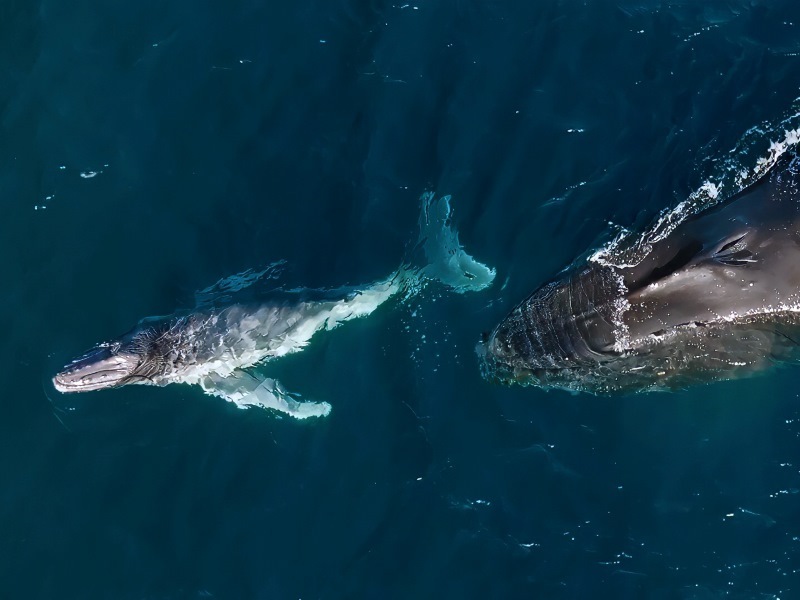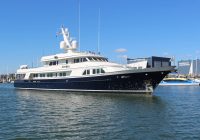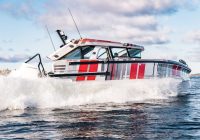Exciting new research challenges long-held beliefs about humpback whale births, revealing these whales are not always born in warmer, tropical waters.

Photo credit: Vanessa Risku
The study, led by UNSW PhD candidate Jane McPhee-Frew, documents that humpback whales are giving birth much further south than previously believed, with sightings extending as far as Tasmania, more than 1,500 kilometres beyond the assumed calving zone.
Scientists Dr Adelaide Dedden and Andy Marshall from NPWS Marine Wildlife team contributed to the findings.
The study collates years of data from whale watching operators, citizen scientists and government wildlife agencies, resulting in more than 200 humpback calf sightings.
“This figure almost certainly underestimates the true number of calves being born in NSW waters,” said NPWS Project Officer, Dr Adelaide Dedden.
“Sightings were recorded from Queensland to Tasmania and even New Zealand’s South Island.”
This emerging pattern suggests humpbacks may have more complex migration and breeding behaviours than previously understood, raising new conservation challenges.
“This means these vulnerable mothers and new calves may be exposed to risks like repeated disturbance by vessels, boat strikes and entanglements,” said NPWS Project Officer, Andy Marshall.
“This reinforces how important it is to give whales space and time to nurse their young as they continue north along the NSW coast.”
Dr Dedden confirmed that legislation to protect humpback whales, including mothers and calves, is already in place across all states.
“People need to be aware that calves are being seen not just on the southern migration but also on the northern one,” she said.
The study is a powerful example of how industry, research institutions, government agencies and the wider public work together to improve the understanding and protection of marine life.
The NSW National Parks and Wildlife Service contribution to this research on ‘Calving patterns in migratory humpback whales’, was funded through the Marine Estate Management Strategy, which aims to reduce impacts on threatened marine species.








